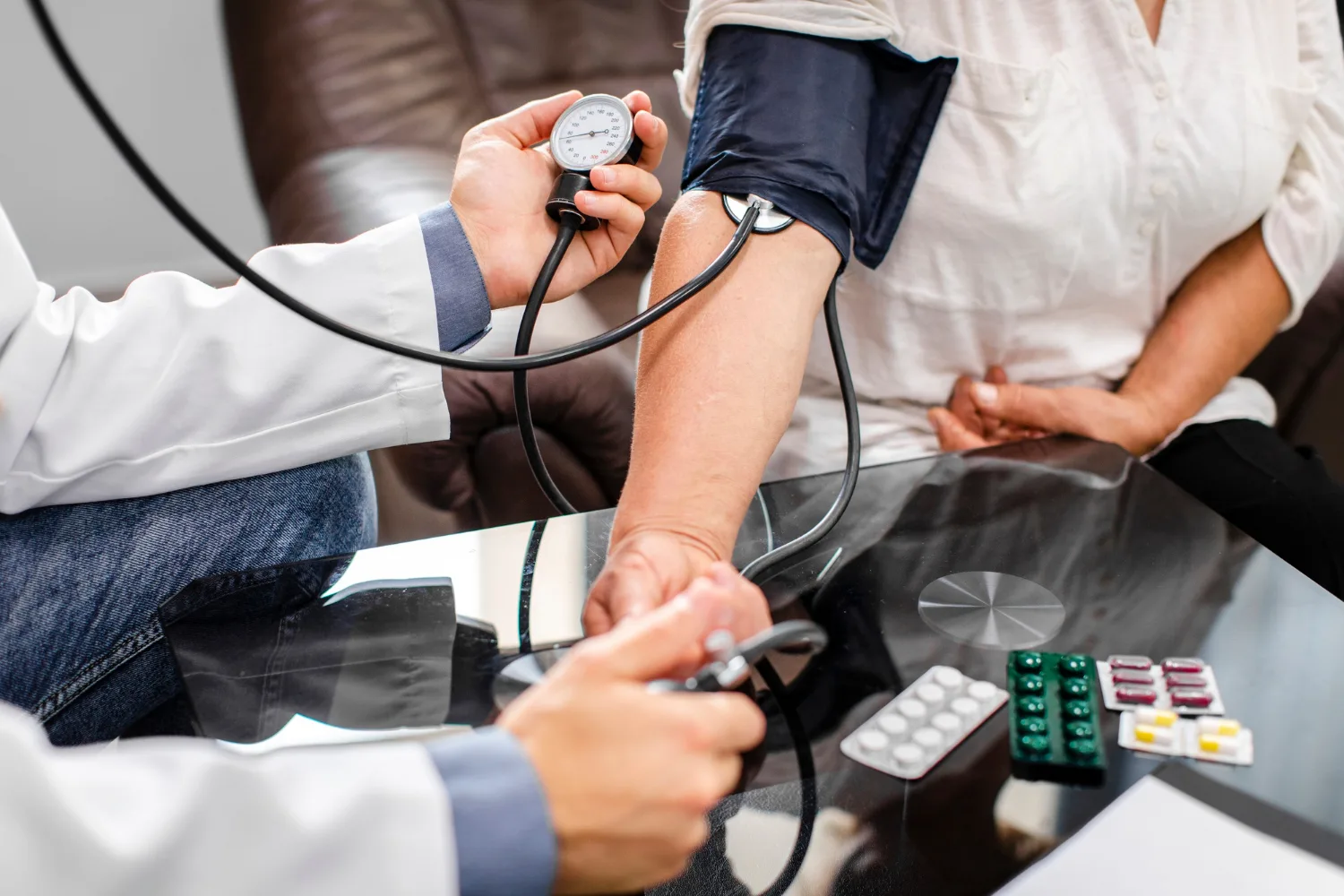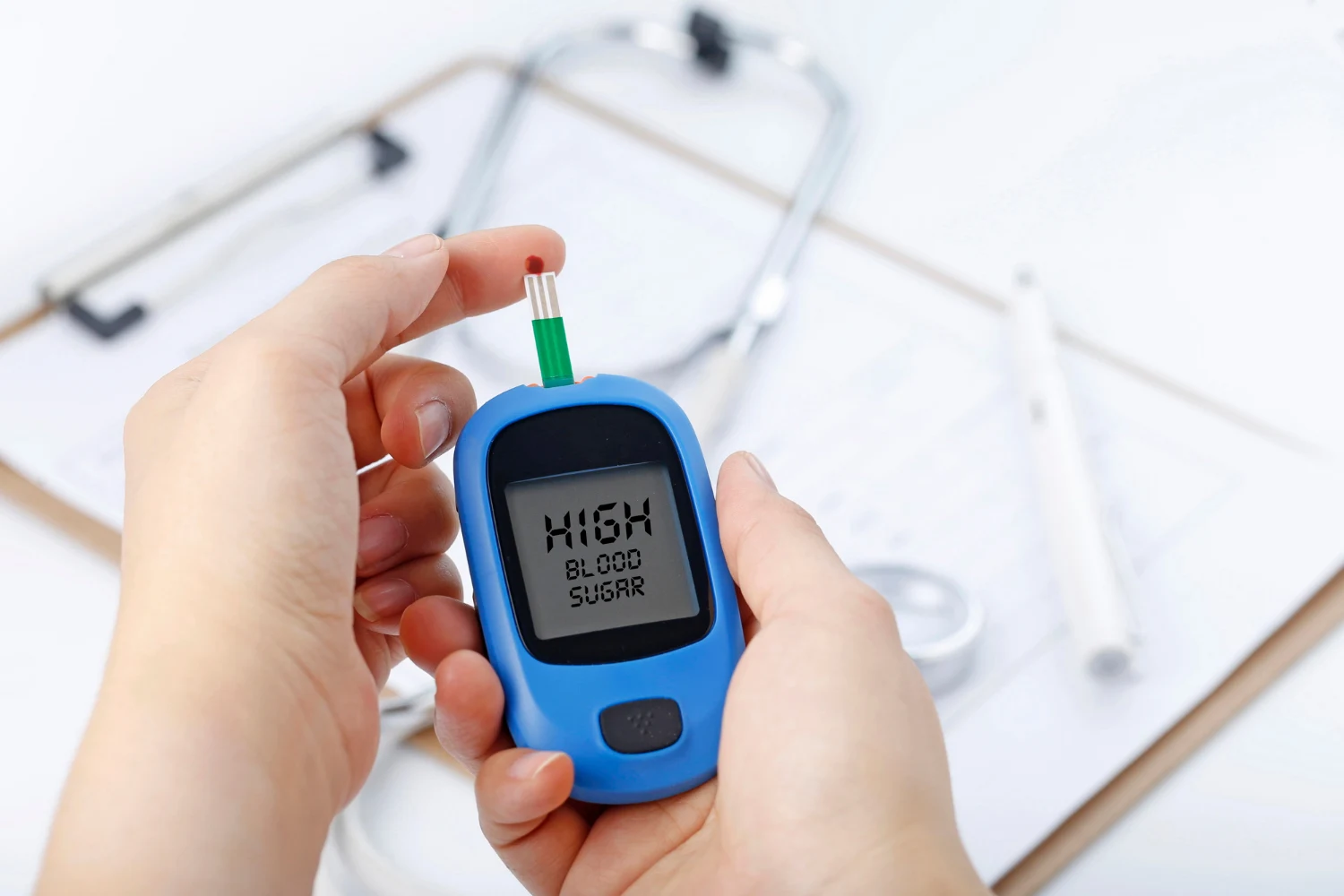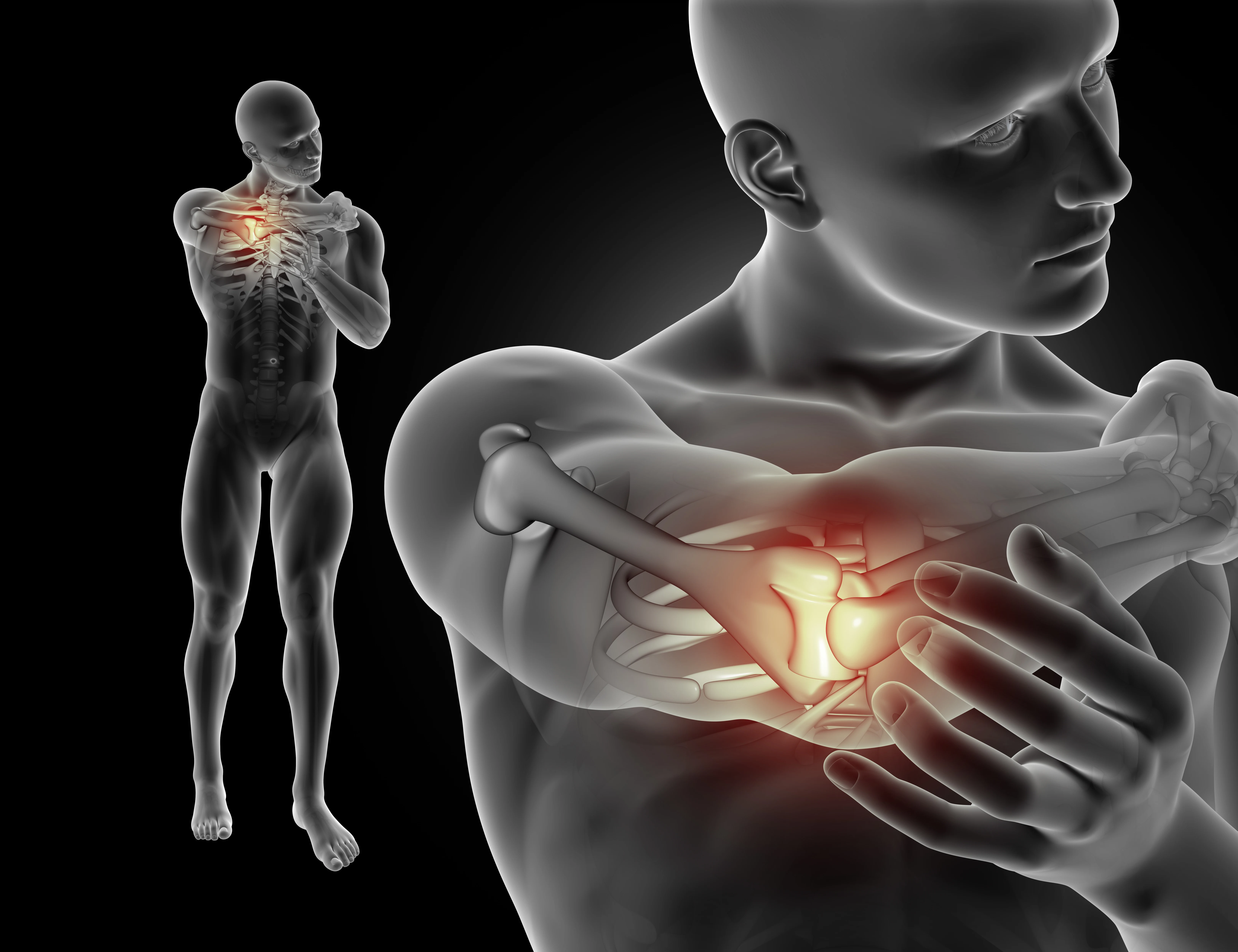What Is Type 1 Diabetes?
Category: Blogs
Diabetes is a complex health condition affecting millions worldwide, and understanding its types is crucial for effective management. Among the various forms of diabetes, Type 1 Diabetes stands out as a lifelong condition that requires careful attention and treatment.
At Lokmanya Hospitals, one of the best hospitals for diabetes treatment in Pune, we specialize in diagnosing and managing Type 1 Diabetes with cutting-edge technology and compassionate care. Our expert endocrinologists and diabetes care team provide personalized treatment plans to help patients maintain healthy lives.
What Is Type 1 Diabetes?
Type 1 Diabetes is an autoimmune disease where the body’s immune system mistakenly attacks and destroys the insulin-producing beta cells in the pancreas. Without insulin, the body cannot regulate blood glucose (sugar) levels, leading to high blood sugar, which can cause severe health complications if untreated.
Unlike Type 2 Diabetes, which often develops due to lifestyle factors, Type 1 Diabetes typically appears early in life, often in children or young adults, though it can occur at any age.
Why Does Type 1 Diabetes Occur?
Type 1 Diabetes develops when the immune system attacks the pancreas. The exact cause of this autoimmune reaction remains unclear, but genetic predisposition and environmental triggers such as viruses are believed to play a role.
Common Questions:
- Why does the immune system attack the pancreas?
The immune system mistakenly identifies beta cells as harmful invaders and destroys them. - Is Type 1 Diabetes inherited?
Genetics increases risk, but it is not directly inherited like some diseases. - When does Type 1 Diabetes usually develop?
Most commonly diagnosed in children and adolescents but can appear at any age.
Symptoms of Type 1 Diabetes
Early recognition of symptoms is vital for prompt treatment. Typical symptoms include:
- Increased thirst and frequent urination
- Extreme hunger despite eating well
- Unexplained weight loss
- Fatigue and weakness
- Blurred vision
- Slow-healing wounds or infections
If you or a loved one experiences these symptoms, immediate medical evaluation is essential.
How Is Type 1 Diabetes Diagnosed?
Diagnosis involves blood tests to measure blood glucose levels and the presence of autoantibodies indicating an immune attack.
- What tests are used?
Fasting blood sugar, random blood sugar, HbA1c (average blood sugar over 3 months), and autoantibody tests. - When should testing be done?
When symptoms arise or during screening for at-risk individuals.
Lokmanya Hospitals uses advanced diagnostic tools ensuring accurate and timely diagnosis for better outcomes.
How Is Type 1 Diabetes Managed?
Since the body produces little or no insulin, management focuses on replacing insulin and maintaining balanced blood sugar levels.
Key management strategies include:
1. Insulin Therapy
Patients require lifelong insulin therapy administered via injections or insulin pumps.
- Why is insulin necessary?
It regulates blood glucose and prevents complications. - What types of insulin are available?
Rapid-acting, long-acting, and intermediate-acting insulins tailored to patient needs.
2. Blood Sugar Monitoring
Regular blood sugar checks help manage doses and lifestyle choices.
- How often?
Multiple times daily, as advised by your healthcare provider.
3. Healthy Diet
Balanced nutrition helps control blood glucose levels.
- Emphasis on complex carbohydrates, fiber, lean proteins, and healthy fats.
- Avoidance of sugary foods and excessive processed carbohydrates.
4. Physical Activity
Regular exercise improves insulin sensitivity and overall health.
- Recommended activities include walking, cycling, and strength training.
5. Education and Support
Understanding your condition and receiving support from healthcare professionals and peer groups is vital.
At Lokmanya Hospitals, the best hospital for diabetes treatment in Pune, our diabetes educators provide comprehensive guidance to empower patients in managing Type 1 Diabetes effectively.
What Are The Complications of Uncontrolled Type 1 Diabetes?
Poorly controlled Type 1 Diabetes can lead to:
- Diabetic ketoacidosis (DKA): A life-threatening condition caused by very high blood sugar and ketone buildup.
- Heart disease and stroke: Due to damage to blood vessels.
- Kidney damage (nephropathy): Leading to kidney failure.
- Nerve damage (neuropathy): Causing numbness or pain, often in the feet.
- Eye problems (retinopathy): Potentially causing blindness.
Timely management significantly reduces these risks.
When Should You Consult a Specialist?
If diagnosed or suspected of Type 1 Diabetes, consult an endocrinologist immediately for expert care. Regular follow-ups are critical to adjust treatment, prevent complications, and maintain a good quality of life.
Why Choose Lokmanya Hospitals for Type 1 Diabetes Care?
At Lokmanya Hospitals, we understand that Type 1 Diabetes management is a lifelong journey. Our multidisciplinary team includes some of the best endocrinologists and diabetes specialists in Pune, dedicated to providing holistic care tailored to your needs. We combine the latest medical technology with compassionate support to offer the best diabetes treatment.
Our personalized approach ensures each patient receives an individualized insulin regimen, dietary plan, and education, empowering them to live healthier, more active lives. With comprehensive facilities for diagnosis, treatment, and rehabilitation, Lokmanya Hospitals is a trusted name for diabetes care.
Conclusion
Understanding What Is Type 1 Diabetes is the first step toward effective management. This autoimmune condition requires lifelong care, including insulin therapy, lifestyle changes, and regular monitoring. Early diagnosis and treatment are vital to prevent complications and maintain quality of life.
If you are looking for the best hospital for diabetes treatment in Pune, Lokmanya Hospitals offers advanced diagnostics, expert care, and personalized treatment plans tailored for Type 1 Diabetes patients. Trust us to support your health journey with compassion and expertise.
Frequently Asked Questions
- What is the difference between Type 1 and Type 2 Diabetes?
Type 1 Diabetes is an autoimmune disease with insulin deficiency from the start, while Type 2 usually develops later due to insulin resistance and lifestyle factors. - Can Type 1 Diabetes be prevented?
Currently, no known prevention exists, but ongoing research aims to find ways to halt the autoimmune process. - How long can a person with Type 1 Diabetes live?
With modern treatments and good management, people with Type 1 Diabetes can live long, healthy lives. - What is diabetic ketoacidosis (DKA), and why is it dangerous?
DKA is a severe complication caused by lack of insulin, leading to high ketone levels, dehydration, and can be fatal without immediate treatment. - Can children with Type 1 Diabetes lead normal lives?
Yes, with proper management, children can attend school, play sports, and participate in all activities safely.

Previous blog







